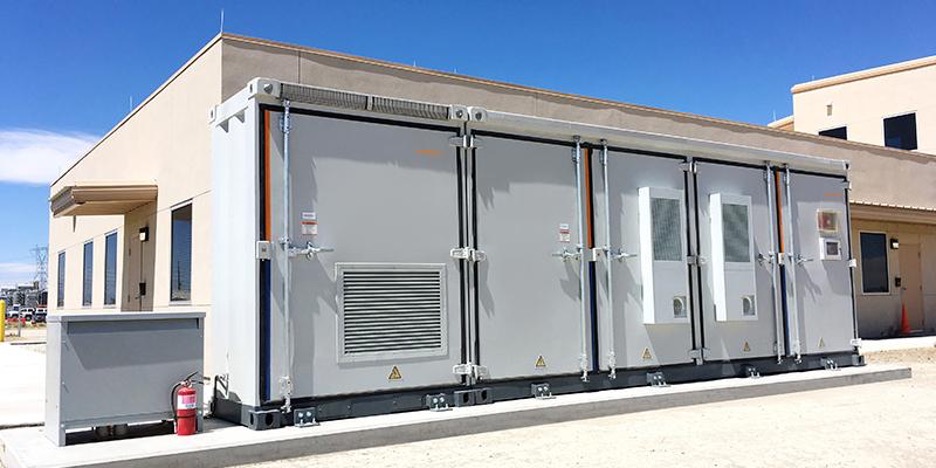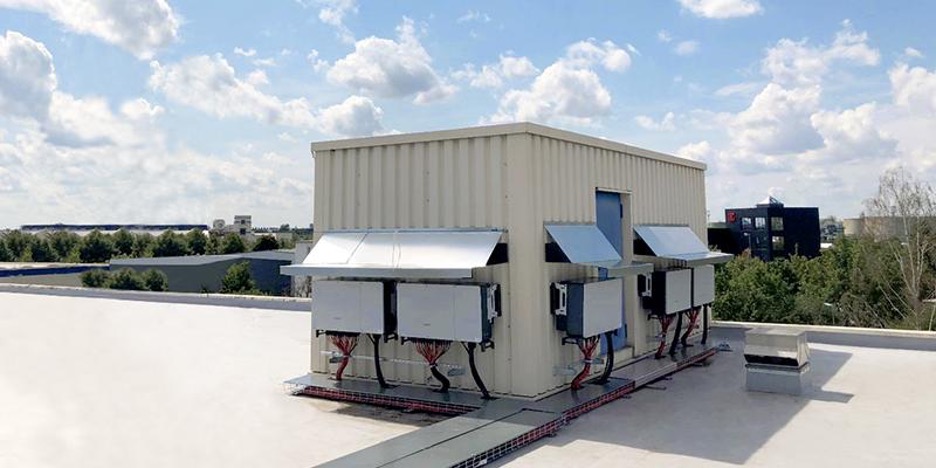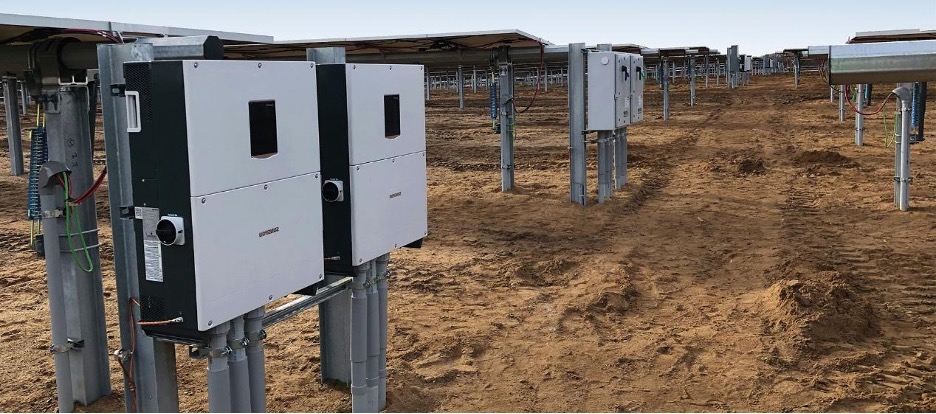Commercial Energy Storage System: A Smart Solution for Businesses
As energy costs continue to rise, businesses are looking for ways to reduce expenses while ensuring reliable power supply. A commercial energy storage system (CESS) provides an effective solution to these challenges. By storing energy when it's cheaper, businesses can use it when demand is higher, saving money and improving operational efficiency. This article will explore what commercial energy storage systems are, their benefits, and how they can be applied across different industries.

What is a Commercial Energy Storage System?
A commercial energy storage system is a technology designed to store electricity for later use. It typically involves large batteries that can charge during off-peak hours when energy is cheaper, and discharge when demand is high. These systems can store energy from various sources, such as the grid or renewable energy systems like solar power.
The most common type of storage in these systems is commercial battery storage. These batteries can range in size and are often tailored to meet the specific needs of a business. They work by capturing electricity during low-demand periods, then using the stored energy when it’s more expensive or when the grid experiences interruptions.
Advantages of Commercial Energy Storage Systems
Lower Costs
One of the main reasons businesses install commercial energy storage systems is to lower their electricity costs. During peak hours, energy prices tend to be higher. A storage system allows companies to use energy stored during off-peak times, reducing reliance on expensive grid electricity. This can result in significant savings on monthly energy bills. Additionally, businesses can avoid high time-of-use rates, further lowering operational costs.
Reduced Footprint
Modern industrial battery storage systems are compact and scalable. This means they can be installed in smaller spaces while still providing large amounts of energy storage. Companies can install these systems without requiring extensive floor space, making them ideal for businesses with limited room. The scalable nature also allows businesses to expand their storage capacity as energy needs grow.

Applications of Commercial Energy Storage Systems
1. Retail
Retail businesses can benefit from commercial energy storage systems by reducing energy costs. Energy is stored during low-demand hours and used during peak periods, which helps keep electricity bills low. Additionally, businesses can use the stored energy in the event of a grid failure, ensuring continuous operations without disruption.
2. Manufacturing
Manufacturing companies often face fluctuating energy prices, which can make it difficult to manage operational costs. Commercial energy storage helps stabilize these costs by storing energy at cheaper rates. Furthermore, these systems can serve as backup power, ensuring that production doesn’t halt during power outages.
3. Remote Areas
In remote locations where the energy supply may be unreliable, commercial solar battery storage systems are particularly useful. Solar energy can be stored for use during the night or cloudy days when sunlight is unavailable. This ensures a constant supply of energy without the need for connection to a traditional power grid.
4. Large Commercial Properties
Large commercial properties, like office buildings or shopping malls, often face high demand charges due to their significant energy use. A commercial solar battery storage system can reduce these charges by storing energy when demand is low and discharging during peak hours. This helps maintain a more balanced and cost-efficient energy profile.
5. Data Centers
Data centers are highly dependent on continuous power to maintain operations. Any downtime can result in significant financial losses. A commercial energy storage system ensures that data centers have a backup power supply, allowing them to continue operating smoothly during grid failures or electrical disruptions.

Sungrow’s Commercial Energy Storage Solutions
Sungrow is a leader in the energy storage industry, offering innovative and efficient commercial energy storage systems. Their solutions are designed to meet the unique needs of businesses, providing reliable, scalable, and cost-effective storage options. Whether you’re looking to integrate solar energy with storage or need a stand-alone battery system, Sungrow offers a range of PV inverters and energy storage that can optimize energy use and reduce costs.
Their commercial solar battery storage systems are particularly popular among businesses looking to reduce their dependence on the grid and move towards more sustainable energy practices. Sungrow’s systems provide both flexibility and reliability, making them an excellent choice for companies of all sizes.
Conclusion
A commercial energy storage system is an effective and smart solution for businesses looking to reduce energy costs, increase efficiency, and improve energy security. By storing energy during off-peak hours, businesses can lower electricity bills and avoid high demand charges. From retail and manufacturing to remote areas and large commercial properties, the applications of energy storage are vast.
If you’re considering improving your business’s energy efficiency, Sungrow’s commercial energy storage solutions offer reliable, scalable, and cost-effective options. Whether you're focused on lowering your energy costs or ensuring a backup power supply, commercial energy storage is the key to a more efficient and sustainable future.